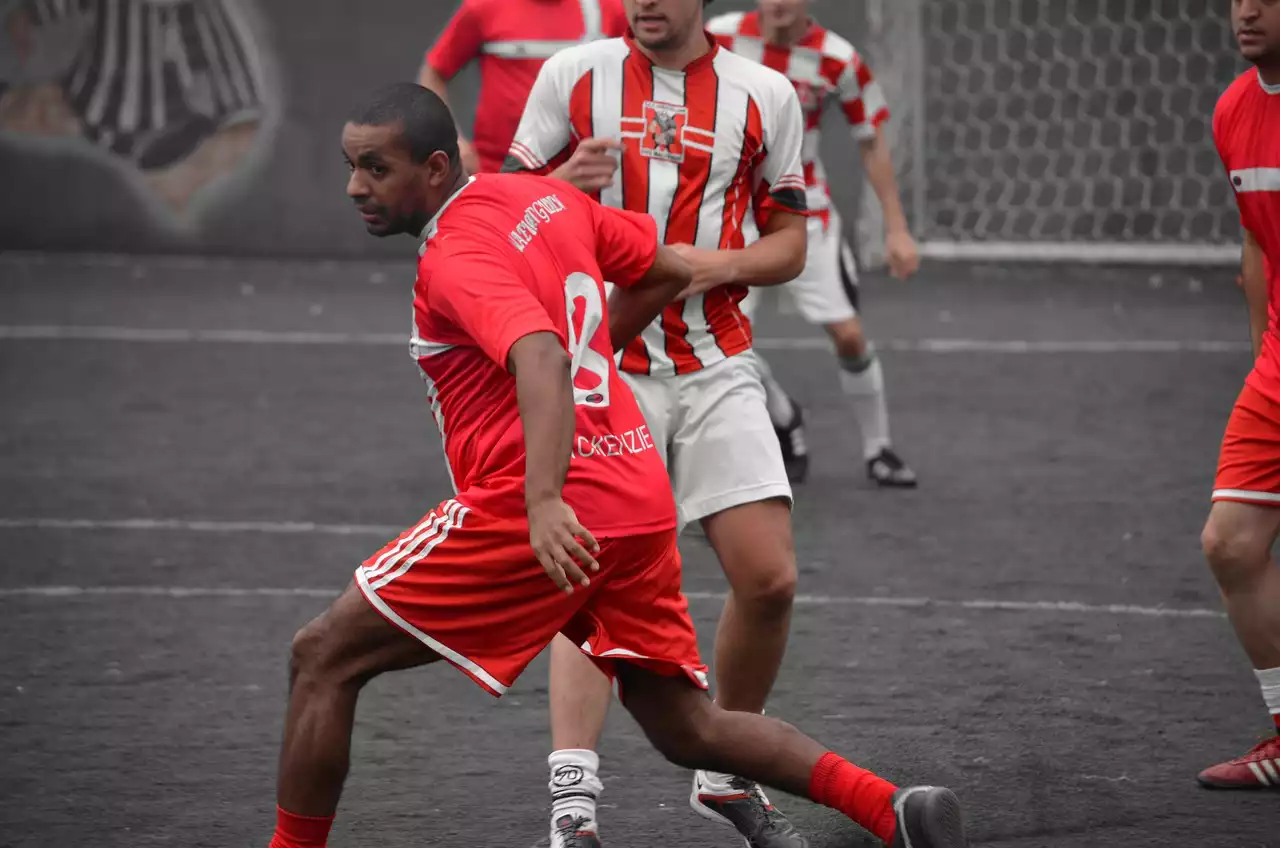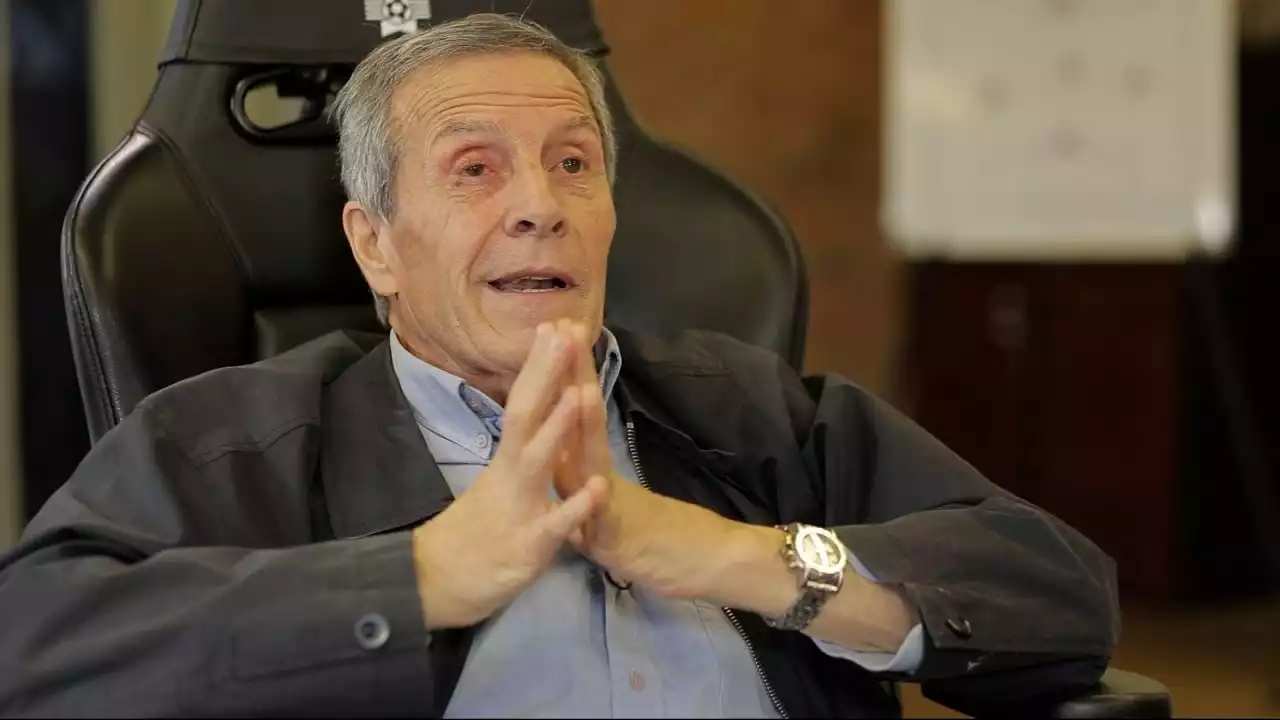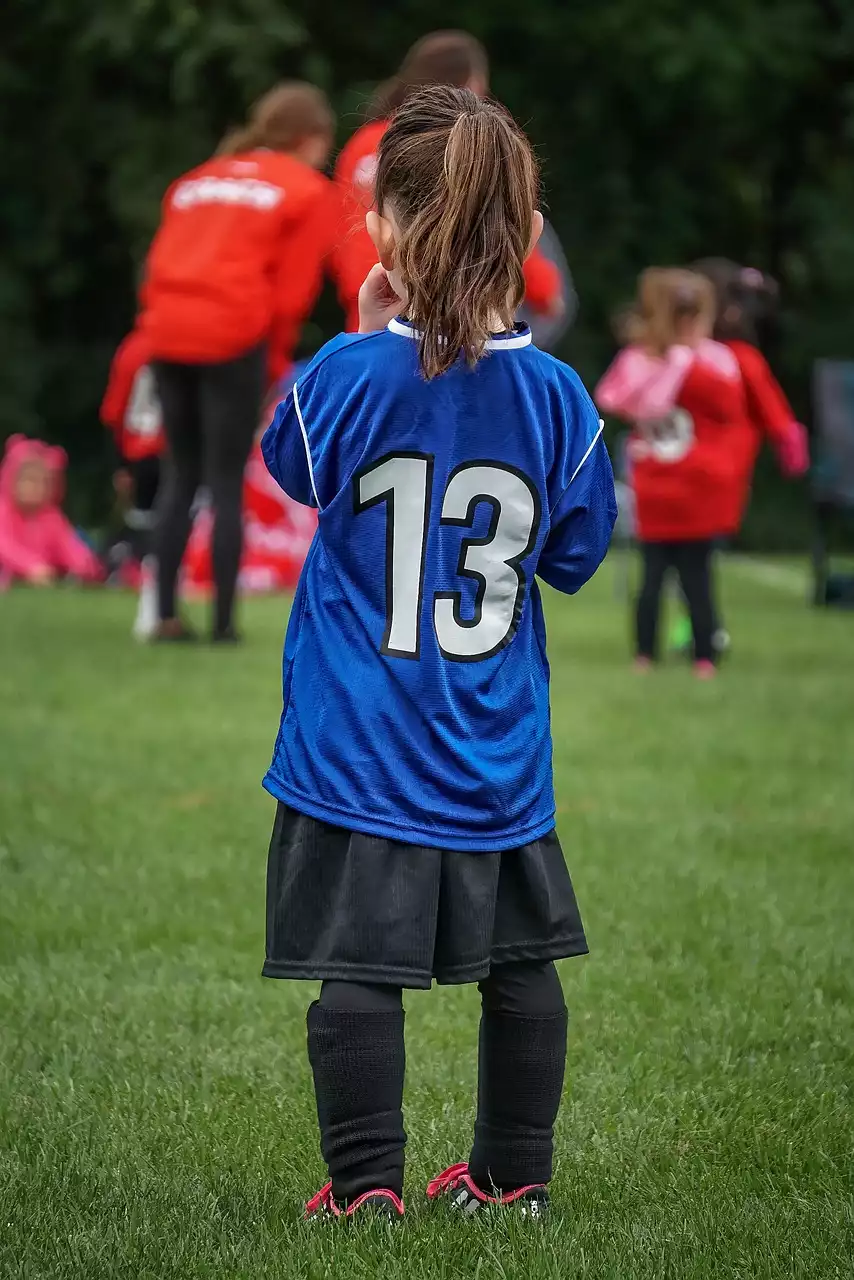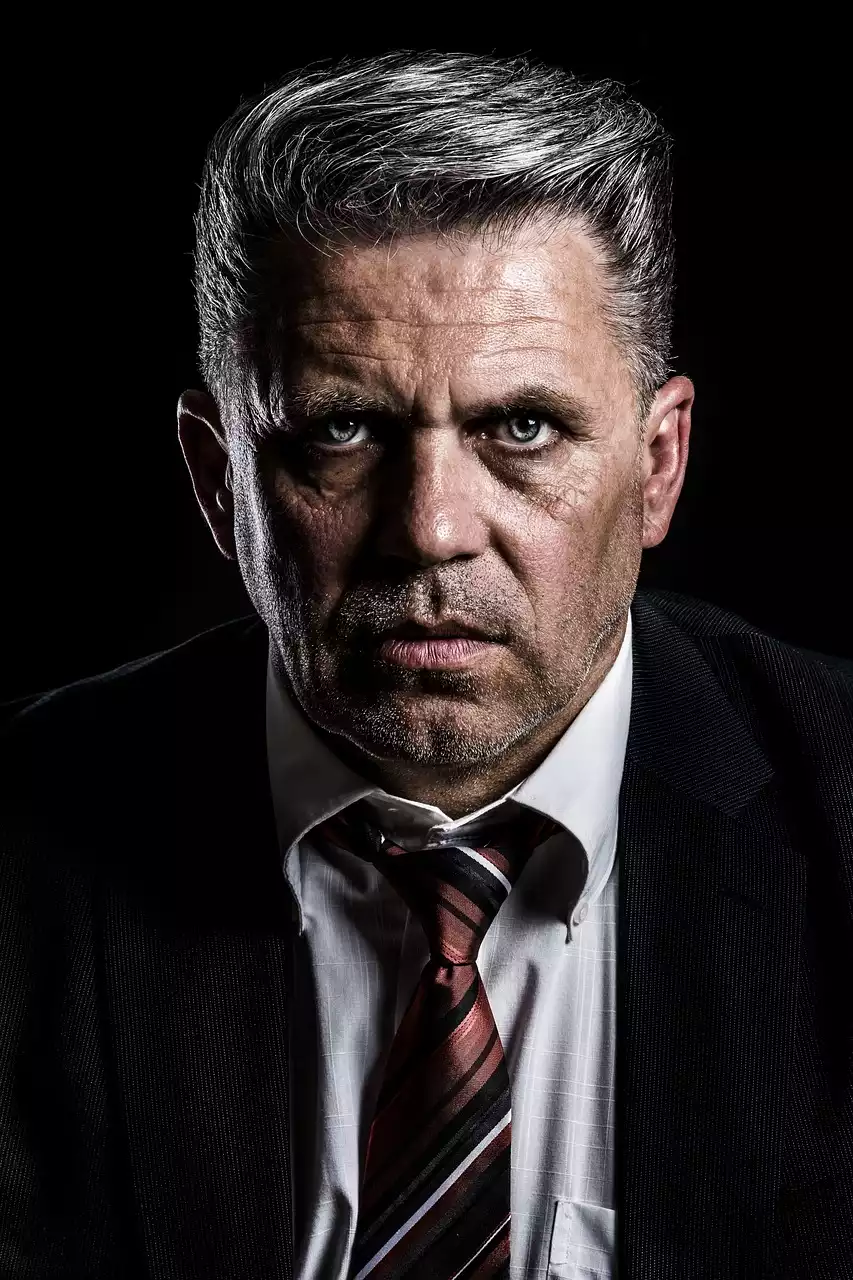The role of managers in football
Football managers play a crucial role in the success of a team. They are responsible for developing strategies, selecting the starting lineup, and making tactical decisions during a match. A great manager possesses a deep understanding of the game, the ability to motivate players, and the foresight to adapt to changing circumstances. In the Uruguayan Primera Division, managers have had a profound impact on the development of the sport, shaping not only their respective teams but also the entire football landscape of Uruguay.
Managers have the power to inspire their players, instilling in them a sense of belief and unity. They are the driving force behind the team's success, providing guidance and direction both on and off the pitch. A skilled manager knows how to identify the strengths and weaknesses of their team, and tactically exploit them to gain an advantage over the opposition. They are constantly studying the game, analyzing opponents, and devising strategies to outsmart their rivals. The role of a manager is not just about coaching, but also about leadership, man-management, and creating a winning culture within the club.
The impact of a great manager extends beyond the immediate success of a team. They leave a lasting legacy, influencing future generations of managers and players. Their innovative tactics and strategic thinking shape the way the game is played and can revolutionize the sport. In Uruguay, iconic managers have not only achieved remarkable success with their clubs but have also propelled the national team to new heights. Their contributions have made Uruguayan football a force to be reckoned with on the global stage.
Importance of iconic managers in Uruguayan Primera Division history
Uruguayan football has a rich history, and the Primera Division has been the stage for some of the most iconic managers in the game. These managers have not only achieved remarkable success with their teams but have also left an indelible mark on the sport. Their innovative tactics, leadership skills, and ability to extract the best from their players have made them legendary figures in Uruguayan football history.
The Primera Division is the top professional football league in Uruguay, consisting of 16 teams competing for the championship title. Over the years, it has been the breeding ground for exceptional managers who have revolutionized the game. These managers have not only won trophies but have also shaped the way football is played in Uruguay. They have introduced new tactical systems, developed young talent, and fostered a culture of success within their clubs.
The impact of these iconic managers goes beyond their achievements on the pitch. They have become symbols of inspiration and aspiration for future generations of managers and players. Their stories serve as a reminder that with hard work, dedication, and a passion for the game, anything is possible. They have set the bar high for excellence in management and continue to inspire football enthusiasts around the world.
Juan Carlos Corazzo: The revolutionary tactician
Juan Carlos Corazzo is widely regarded as one of the most innovative managers in Uruguayan football history. Known for his tactical acumen, Corazzo revolutionized the way the game was played in Uruguay. He introduced new formations and strategies that baffled opponents and brought success to his teams.
Corazzo's coaching career began in the 1950s, and he quickly made a name for himself with his unique approach to the game. He was one of the first managers to use a sweeper, a defensive player positioned behind the backline to provide additional cover. This tactical innovation proved to be highly effective and became a staple of defensive strategies in Uruguayan football.
Under Corazzo's guidance, Club Nacional de Football achieved unprecedented success, winning numerous Primera Division titles and international trophies. His teams were known for their disciplined defense, quick counter-attacks, and clinical finishing. Corazzo's ability to adapt his tactics to different opponents and situations made him a formidable manager, and his influence on the game is still felt today.
Corazzo's legacy extends beyond his achievements on the pitch. He inspired a generation of managers and players, who adopted his tactical ideas and applied them to their own careers. His innovative approach to the game laid the foundation for future tactical developments in Uruguayan football, cementing his status as an iconic figure in the dugout.
Roque Maspoli: The goalkeeper turned manager
Roque Maspoli is a unique figure in Uruguayan football history. He started his career as a goalkeeper, representing the Uruguayan national team in two World Cups and winning the prestigious FIFA World Cup in 1950. After retiring as a player, Maspoli transitioned into management, where he achieved remarkable success.
Maspoli's experience as a goalkeeper gave him a deep understanding of the game from a different perspective. He was able to analyze the game from the backline and make strategic decisions that would benefit his team. His ability to read the game and anticipate opponents' moves made him a natural fit for a managerial role.
As a manager, Maspoli led Club Nacional de Football to several Primera Division titles and Copa Libertadores triumphs. His teams were known for their solid defense, disciplined approach, and efficient attacking play. Maspoli's ability to instill a winning mentality in his players and extract the best from them made him a highly respected figure in Uruguayan football.
Maspoli's success as a manager proved that a successful playing career does not necessarily translate into managerial success. His unique perspective and ability to analyze the game from a different angle set him apart from other managers. Maspoli's achievements as both a player and a manager have made him a revered figure in Uruguayan football history.
Hugo Bagnulo: The mastermind behind Nacional's success
Hugo Bagnulo is considered one of the greatest managers in the history of Club Nacional de Football. Under his guidance, Nacional achieved unprecedented success, winning multiple Primera Division titles and international trophies. Bagnulo's tactical brilliance and ability to develop young talent made him a revered figure in Uruguayan football.
Bagnulo's coaching career began in the 1960s, and he quickly made an impact with his innovative strategies. He emphasized attacking play, encouraging his players to take risks and express themselves on the pitch. Bagnulo's teams were known for their fluid style of play, quick passing, and intelligent movement off the ball.
During his tenure, Nacional became the dominant force in Uruguayan football, winning numerous league titles and Copa Libertadores championships. Bagnulo's ability to identify and nurture young talent was instrumental in the success of his teams. He developed a number of players who went on to achieve great success in their careers, both domestically and internationally.
Bagnulo's legacy at Nacional is still felt today. His innovative approach to the game and his commitment to developing young talent have become part of the club's DNA. His influence on Uruguayan football extends beyond his time at Nacional, as his ideas and strategies continue to inspire managers and players alike.
Omar Borras: The architect of Penarol's dominance
Omar Borras is a legendary figure in Uruguayan football, known for his successful tenure as the manager of Club Atletico Penarol. Borras led Penarol to numerous Primera Division titles and international trophies, cementing the club's status as one of the most successful in Uruguayan football.
Borras' coaching career began in the 1960s, and he quickly established himself as a master tactician. His teams were known for their disciplined defense, organized midfield, and clinical finishing. Borras' ability to analyze opponents and devise strategies to exploit their weaknesses made him a highly respected figure in Uruguayan football.
Under Borras' guidance, Penarol achieved remarkable success, winning multiple league titles and Copa Libertadores championships. His ability to instill a winning mentality in his players and create a cohesive team unit was instrumental in their dominance. Borras' attention to detail, tactical nous, and ability to adapt to different opponents made him a formidable manager.
Borras' legacy at Penarol is still celebrated by the club's fans. His achievements during his time as the manager have become part of the club's folklore, and his influence on Uruguayan football is undeniable. Borras' success at Penarol serves as a reminder of the importance of strong leadership and tactical astuteness in achieving sustained success.
Gustavo Matosas: The foreign manager who made an impact
Gustavo Matosas is a unique figure in Uruguayan football history. Although born in Argentina, Matosas made a significant impact as a manager in Uruguay. His tenure at Club Nacional de Football brought success to the club and showcased his tactical acumen.
Matosas took charge of Nacional in 2018 and quickly made an impression with his innovative strategies. He introduced a high-pressing style of play, emphasizing quick transitions and attacking football. Matosas' teams were known for their intensity, relentless work ethic, and attacking prowess.
Under Matosas' guidance, Nacional won the Primera Division title in his first season in charge. His tactical acumen and ability to motivate his players were instrumental in their success. Matosas' innovative approach to the game and his ability to adapt his tactics to different opponents made him a highly respected figure in Uruguayan football.
Although his time at Nacional was relatively short-lived, Matosas' impact on the club and Uruguayan football was significant. His success as a foreign manager in Uruguay served as a testament to the global nature of the sport and highlighted the importance of diverse perspectives in shaping the game.
The legacy of these iconic managers in Uruguayan football
The iconic managers in Uruguayan Primera Division history have left a lasting legacy in Uruguayan football. Their innovative strategies, tactical brilliance, and ability to inspire their players have shaped the game in Uruguay and beyond. They have set the bar high for excellence in management and continue to inspire future generations of managers and players.
These managers have not only achieved remarkable success with their respective clubs but have also propelled Uruguayan football to new heights. Their contributions have made Uruguayan football a force to be reckoned with on the global stage. Their innovative tactics and strategic thinking have influenced the way the game is played and have revolutionized the sport.
The legacy of these iconic managers extends beyond their achievements on the pitch. They have become symbols of inspiration and aspiration for future generations. Their stories serve as a reminder that with hard work, dedication, and a passion for the game, anything is possible. They continue to inspire football enthusiasts around the world, leaving an indelible mark on the annals of Uruguayan football history.
Whether you are a die-hard football fan or simply fascinated by the art of management, the journey through the history of Uruguayan football and the stories of these iconic managers will leave you inspired and in awe of their monumental achievements. They are true pioneers of the dugout, whose contributions to the game will be remembered for generations to come.










